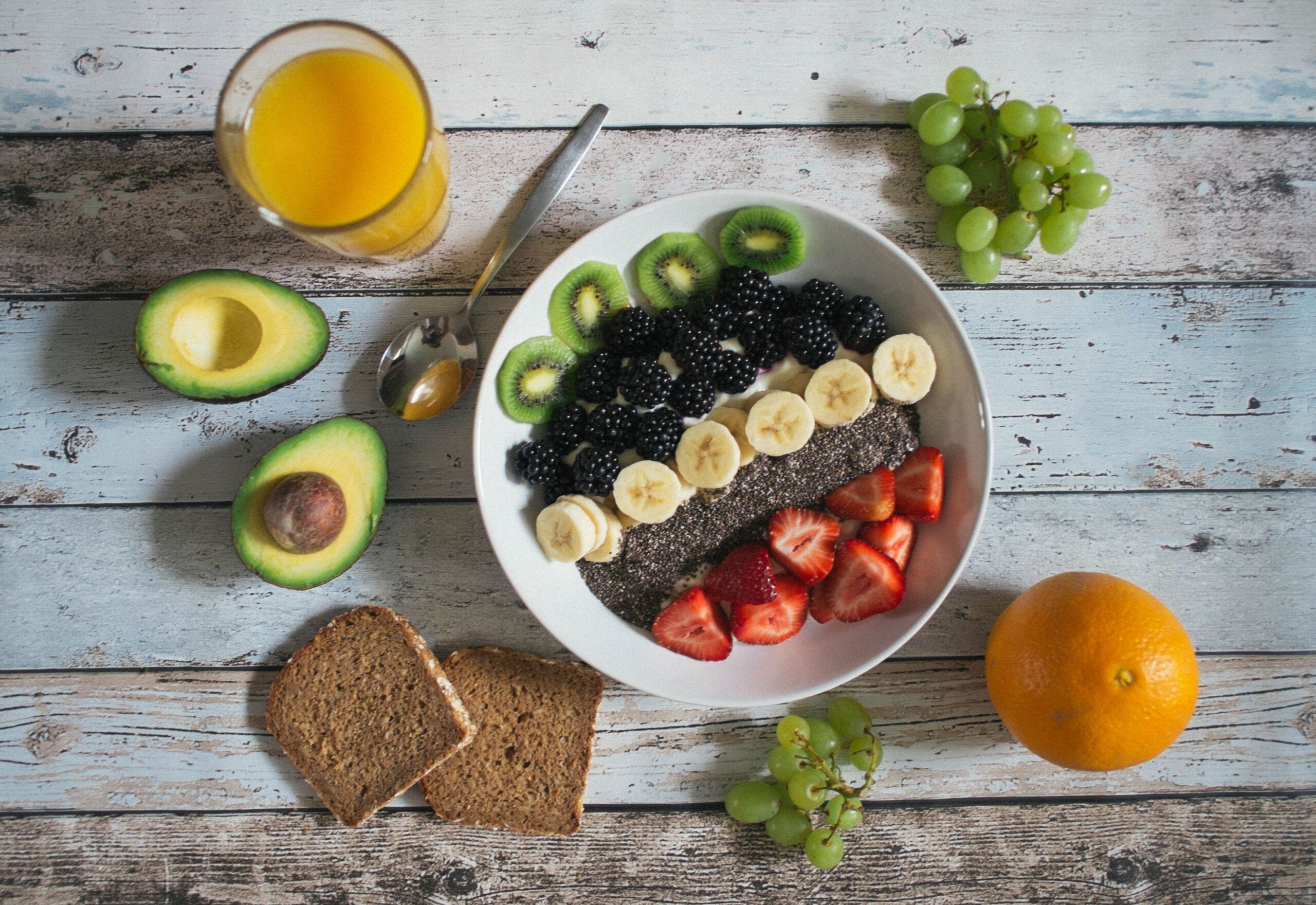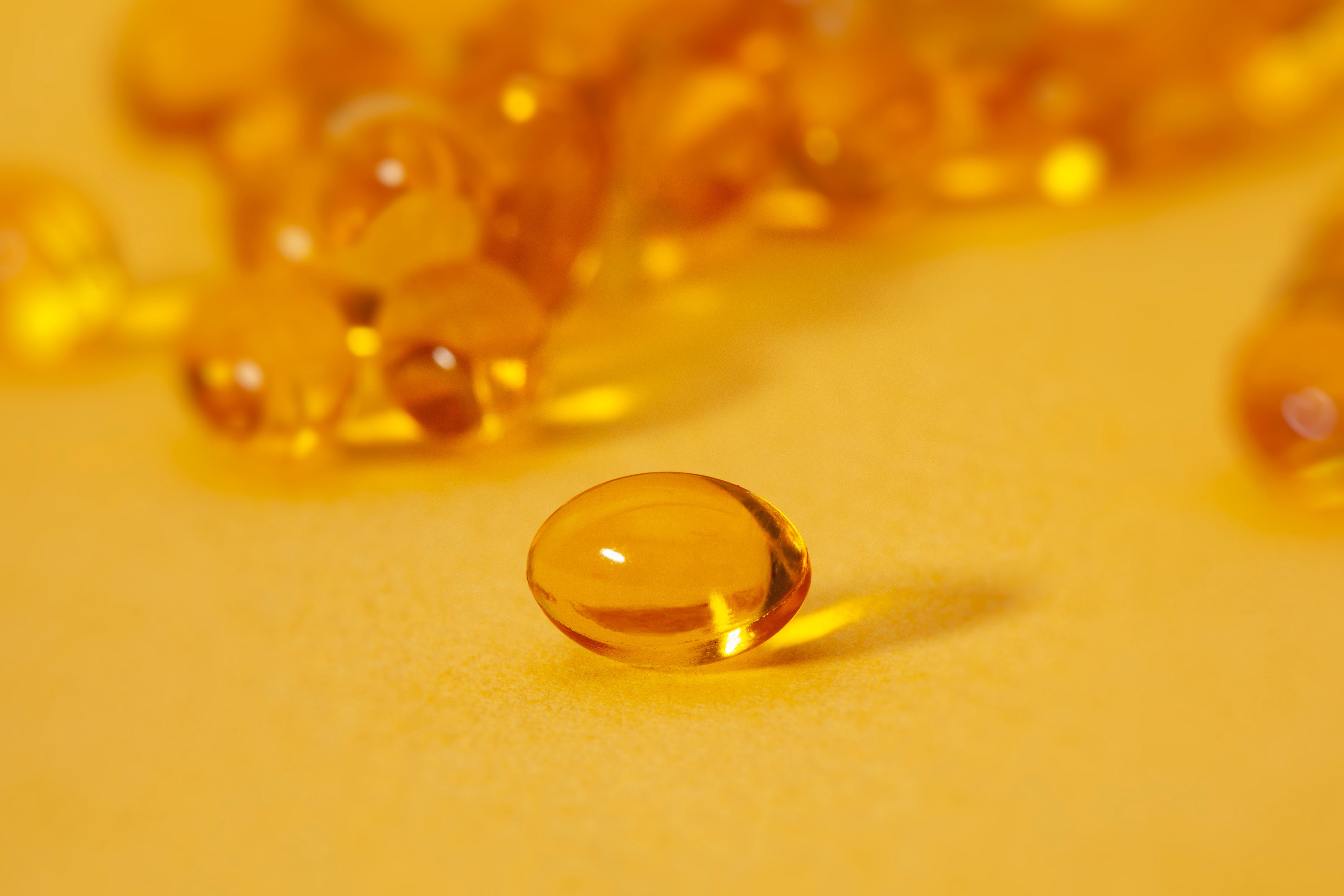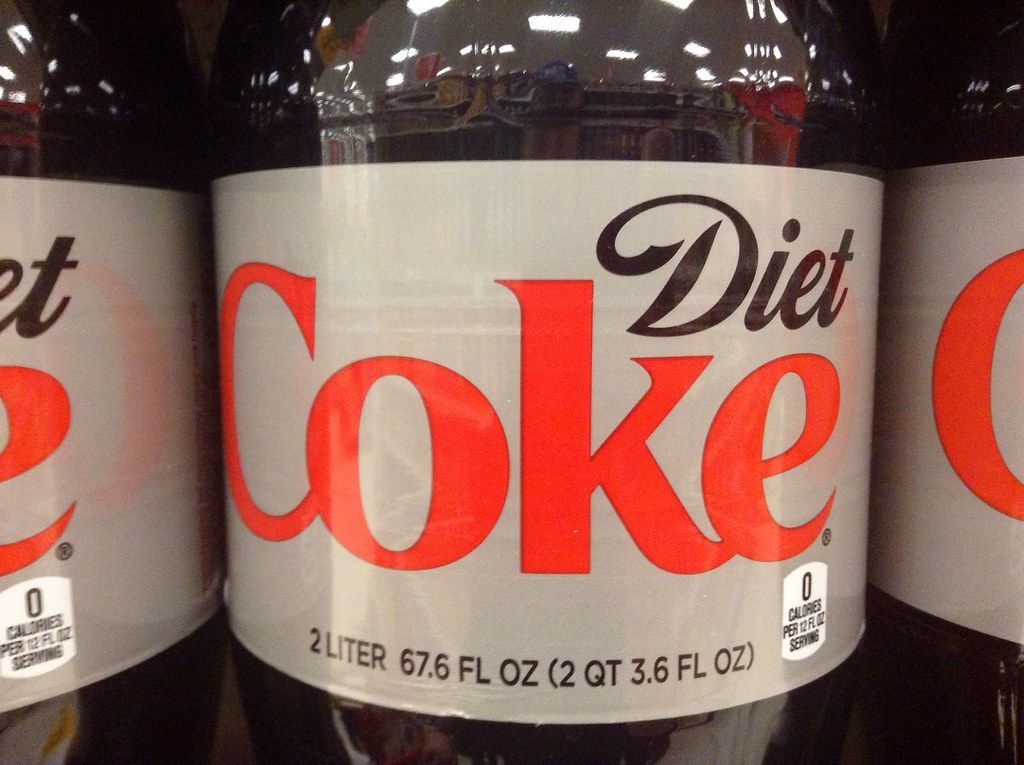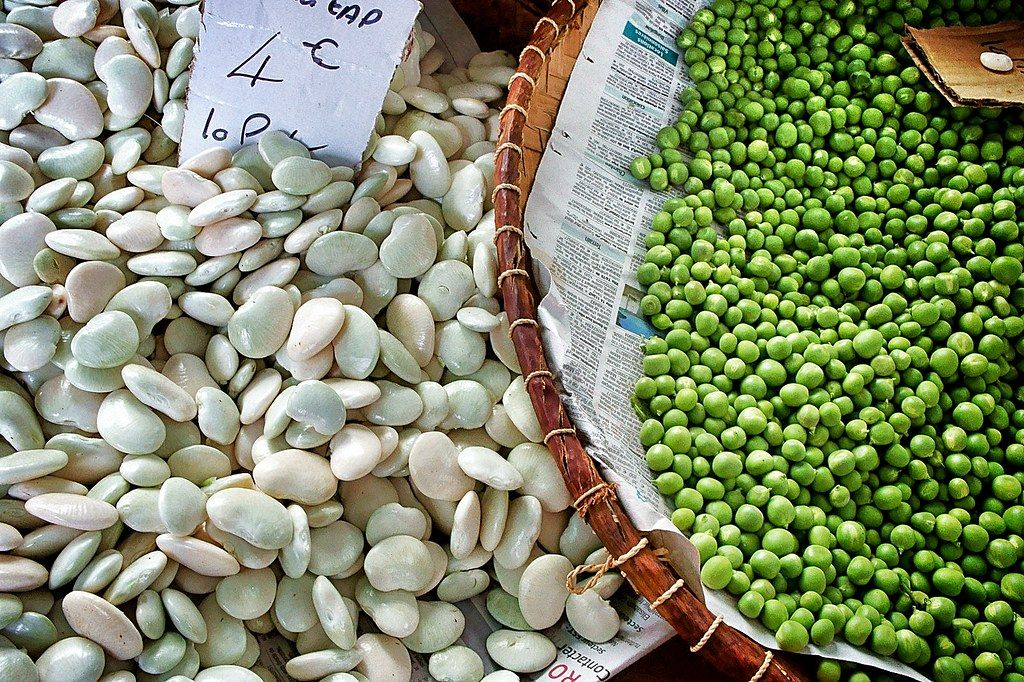
The Drought Diet: Dry Fasting Exposed
- Oct 5, 2024
The health sphere is never short of eccentric trends. From kale smoothies to, well, eating kale for every meal, it seems there's no limit to what we'll do for that coveted health glow. But even for us battle-hardened wellness warriors, some trends make us choke on our green juices. So buckle up, because we're delving deep into the extreme world of dry fasting.
It doesn't take a brain surgeon to decipher what dry fasting involves - no food, no water, and sometimes, no contact with water at all. For those who thought the ranks of fasting couldn't get any more austere after intermittent and water fasting, dry fasting takes it up to eleven. Sound like a parched hell to you? Well, it sure does to us, too. So, why do some people do it?
See, your body enters a state known as ketosis when you fast-burning fat instead of carbs for energy. Dry fasting proponents claim that the lack of water shoves the body into an even deeper state of ketosis.
This sounds tantalizing, right? According to fanatics, the body becomes more efficient in breaking down fats and triggers autophagy, a cellular cleanup crew that breaks down and recycles old, damaged components. They argue the body can then focus on "repairing" itself since it's not busy playing water processing plant.
The drawbacks? Plenty. Much of the claims behind dry fasting benefits are anecdotal at best and far outweighed by the associated risks. Dehydration is the obvious one. Without this essential lifeline, your body struggles to maintain critical functions.
Further risks include nutrient deficiencies from a lack of food and water, leading to potential imbalances in electrolytes. This can cause muscle cramps, irregular heartbeats, and other health complications. And let's not forget about the organ stress. Prolonged dry fasting can be a significant strain on your kidneys and heart. Certain groups, namely pregnant or breastfeeding women, folks with chronic health conditions, or those on certain medications, should steer clear of this extreme practice.
So, the million-dollar question: is dry fasting worth it? As tempting as the prospect of intense weight loss might seem, most health experts would firmly tell you to stay hydrated, champ. Considering the health risks, it's safe to say this trend is all dried up. But if you're on the hunt for a weight loss or health regime, try an approach like intermittent or water fasting. These methods still bring health benefits to the table minus the risks of turning into a human raisin.
There are always safer, more balanced alternatives to hazardous health trends like dry fasting. So remember, there's no need to live life on the edge (of dehydration). Unless, of course, you fancy betting your well-being on unsupported theories. We'll stick to our kale smoothies, thanks.






